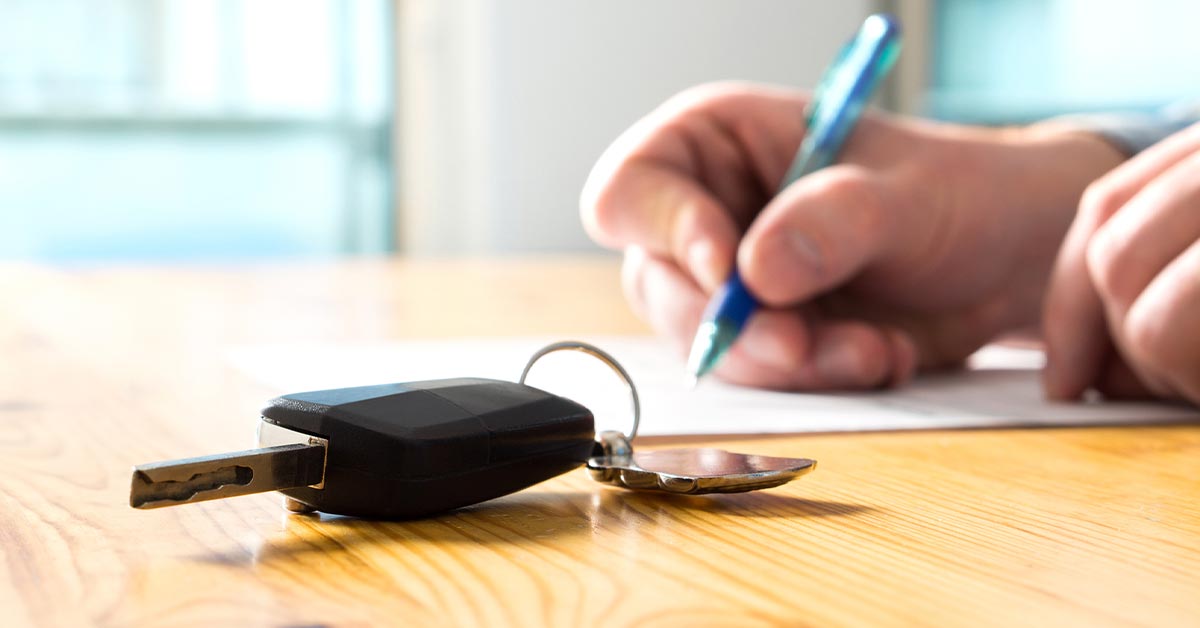Should you accept or decline coverage the rental agency usually offers to sell you? Such insurance is offered in order to help to cover accidents while you are on your trip.  In most cases, you’re safe to decline, it providing you have the same or better protection from your personal automobile insurance company. Also, you may already have rental-car insurance provided by the credit card that you use. Both options can give you substantial savings over the rental agency’s coverage. Before declining the coverage, however, you should be certain that your personal auto insurance or credit-card coverage covers you – otherwise you could be driving your rental uninsured.
Since insurance is state regulated, the cost and coverage will vary from state to state. Â The following types of coverage are those that are generally available – you should check with your auto insurance company to be sure which coverage you either have or need:
Loss Damage Waiver (LDW)
While an LDW is not technically an insurance product, it does, however, “waive” renters of financial responsibility if their rental car is damaged or stolen.  In most cases, waivers also provide coverage for “loss of use,” in the event the rental car company charges the renter for the time a damaged car can not be used because it is being fixed. It may also cover “diminution of value”: the decline in value a repaired vehicle incurs.  Additionally, it may also cover towing and administrative fees, so check with your auto insurance company as these are all things your personal auto insurance policy typically will NOT cover when renting a car.
Liability Insurance
By law, rental companies must provide the state required amount of liability insurance.  This is an instance where, if you have sufficient amounts of liability protection on your own car, you might decline the additional liability protection. Again, this is something that you should check with your auto insurance company on, in order to know if the amount of liability protection on your car is enough to cover a rental.
Personal Accident Insurance
Personal Accident Insurance offers coverage to you and your passengers for medical and ambulance bills for injuries caused in a car crash.  Your health insurance or your personal injury protection insurance under your auto insurance policy may cover the costs of this. You should check with your health care insurance provider as well as your auto insurance company to make certain.
Personal Effects Coverage
Personal Effects Coverage provides insurance protection for the theft of items in your car. If you have a homeowners or renters insurance policy that includes off-premises theft coverage, you are generally covered for theft of your belongings away from home, up to a certain limit and minus the deductible. This is another area where, depending on your auto insurance or homeowners or renters’ insurance, you may be able to save money at the car rental counter.
When all is said and done, the options for properly insuring a rental car can be a confusing process. This is why it’s a good idea to make two calls before you rent a car. One call should be to your auto insurance agency or auto insurance provider, and the other should be to the credit card company you will be using to pay for the rental car. By finding out beforehand how much coverage you currently have on your own car, as well as finding out the insurance benefits offered by your credit card company, you can save yourself both time and money.
This content is offered for educational purposes only and does not represent contractual agreements. The definitions, terms and coverages in a given policy may be different than those suggested here and such policy will be governed by the language contained therein. No warranty or appropriateness for a specific purpose is expressed or implied.

